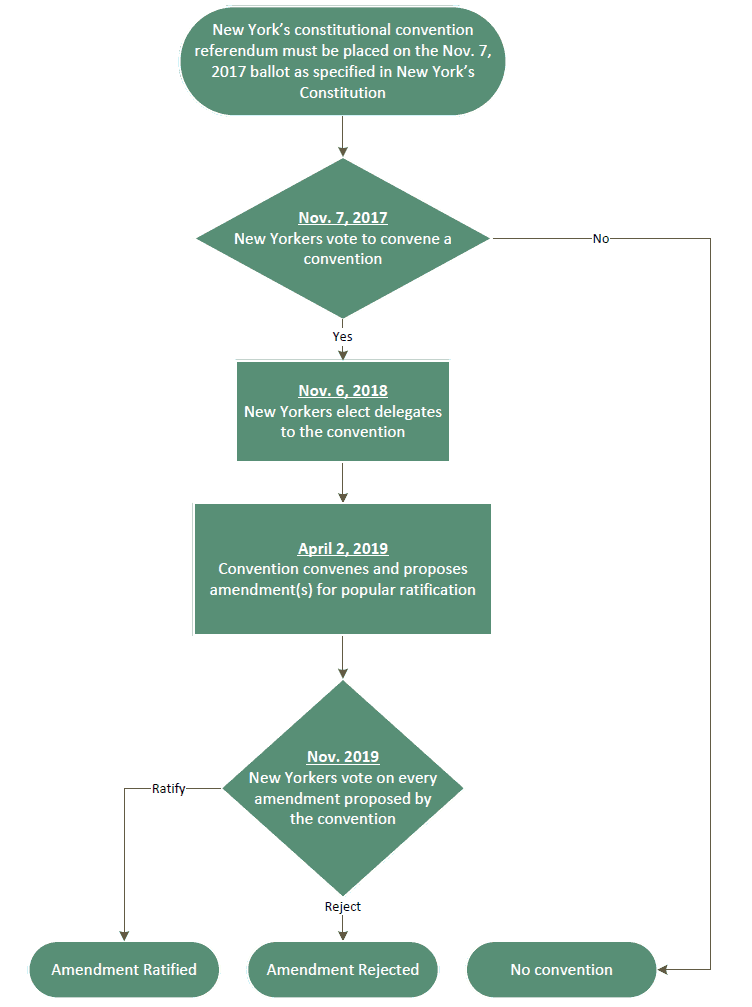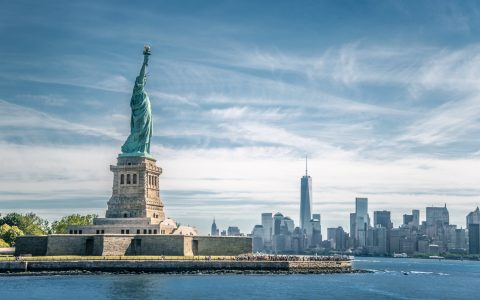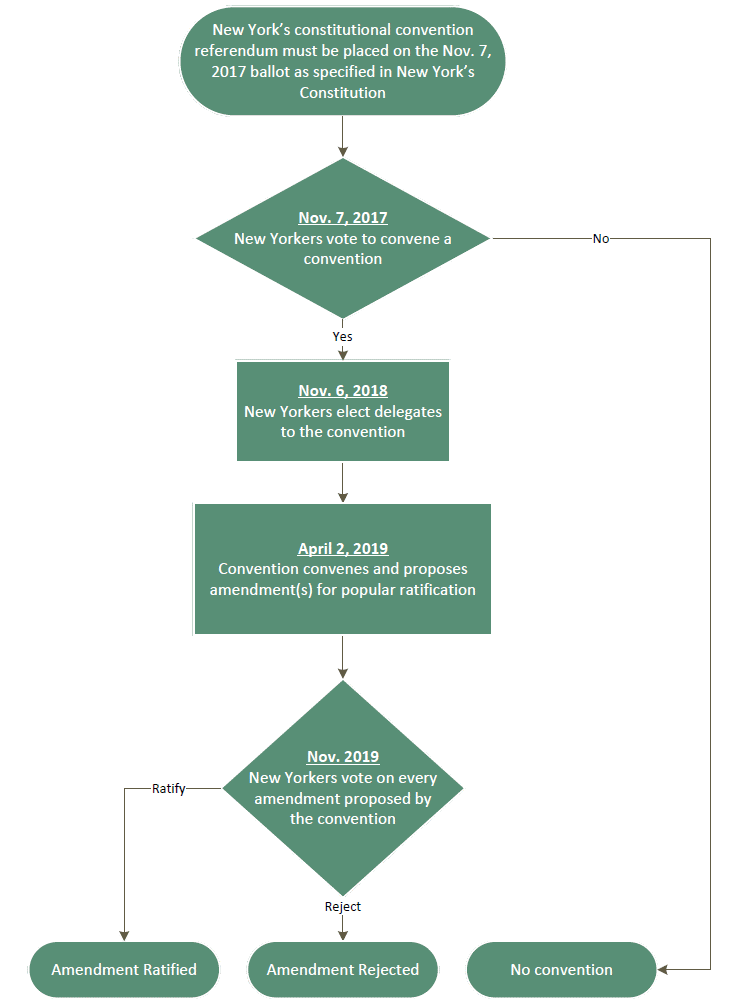CarolKing
Always in search of the perfect vaporizer
New York State Department of Health Announces Latest Enhancements to Improve Patient Access to Medical Marijuana Program
Physician Assistants Now Able to Certify Patients
Chronic Pain to Be Added As A Qualifying Condition Effective March 22
ALBANY, N.Y. (March 16, 2017) - The New York State Department of Health today announced several enhancements to the state's Medical Marijuana Program that will improve patient access. These measures include authorizing physician assistants to certify patients and adding chronic pain as a qualifying condition.
"Improving patient access to medical marijuana continues to be one of our top priorities, as it has been since the launch of the program," said Health Commissioner Dr. Howard A. Zucker. "These key enhancements further that goal. Medical marijuana is already making a difference for patients across New York State, and we are constantly evaluating the program to see how we can make it better."
Physician Assistants
Physician assistants may now register with the Department to certify patients for medical marijuana, as long as their supervising physician is also registered to certify patients. This regulatory amendment was adopted on March 15, 2017.
Along with empowering nurse practitioners to certify patients, which went into effect in November, this enhancement will help patients by increasing the number of eligible practitioners, particularly in many rural counties where fewer physicians are available.
Physician assistants who successfully complete the NYSDOH approved course and are in full compliance with other regulatory requirements must complete an authorization form with their supervising physicians, and mail this form along with the course completion certificate to the Department. Once the information provided is validated, the Department will send an email confirmation to the physician assistant containing a link that will authorize the physician assistant to register to certify patients.
Chronic Pain
Effective March 22, 2017, chronic pain will be added as a qualifying condition for medical marijuana. The Department has filed a Notice of Adoption of the regulatory amendment for publication in the New York State Register.
Chronic pain is defined as "any severe debilitating pain that the practitioner determines degrades health and functional capability; where the patient has contraindications" (meaning the
patient has a specific condition/situation in which a therapy normally recommended to manage chronic pain shouldn't be used because it may be harmful to that patient), "has experienced intolerable side effects, or has experienced failure of one or more previously tried therapeutic options; and where there is documented medical evidence of such pain having lasted three months or more beyond onset, or the practitioner reasonably anticipates such pain to last three months or more beyond onset."
Conducting a review of evidence for the use of medical marijuana in patients suffering from chronic pain was one of the recommendations in the Department's two-year report on the Medical Use of Marijuana Under the Compassionate Care Act.
For more information about New York's Medical Marijuana Program, visit: https://www.health.ny.gov/regulations/medical_marijuana/.
Physician Assistants Now Able to Certify Patients
Chronic Pain to Be Added As A Qualifying Condition Effective March 22
ALBANY, N.Y. (March 16, 2017) - The New York State Department of Health today announced several enhancements to the state's Medical Marijuana Program that will improve patient access. These measures include authorizing physician assistants to certify patients and adding chronic pain as a qualifying condition.
"Improving patient access to medical marijuana continues to be one of our top priorities, as it has been since the launch of the program," said Health Commissioner Dr. Howard A. Zucker. "These key enhancements further that goal. Medical marijuana is already making a difference for patients across New York State, and we are constantly evaluating the program to see how we can make it better."
Physician Assistants
Physician assistants may now register with the Department to certify patients for medical marijuana, as long as their supervising physician is also registered to certify patients. This regulatory amendment was adopted on March 15, 2017.
Along with empowering nurse practitioners to certify patients, which went into effect in November, this enhancement will help patients by increasing the number of eligible practitioners, particularly in many rural counties where fewer physicians are available.
Physician assistants who successfully complete the NYSDOH approved course and are in full compliance with other regulatory requirements must complete an authorization form with their supervising physicians, and mail this form along with the course completion certificate to the Department. Once the information provided is validated, the Department will send an email confirmation to the physician assistant containing a link that will authorize the physician assistant to register to certify patients.
Chronic Pain
Effective March 22, 2017, chronic pain will be added as a qualifying condition for medical marijuana. The Department has filed a Notice of Adoption of the regulatory amendment for publication in the New York State Register.
Chronic pain is defined as "any severe debilitating pain that the practitioner determines degrades health and functional capability; where the patient has contraindications" (meaning the
patient has a specific condition/situation in which a therapy normally recommended to manage chronic pain shouldn't be used because it may be harmful to that patient), "has experienced intolerable side effects, or has experienced failure of one or more previously tried therapeutic options; and where there is documented medical evidence of such pain having lasted three months or more beyond onset, or the practitioner reasonably anticipates such pain to last three months or more beyond onset."
Conducting a review of evidence for the use of medical marijuana in patients suffering from chronic pain was one of the recommendations in the Department's two-year report on the Medical Use of Marijuana Under the Compassionate Care Act.
For more information about New York's Medical Marijuana Program, visit: https://www.health.ny.gov/regulations/medical_marijuana/.






